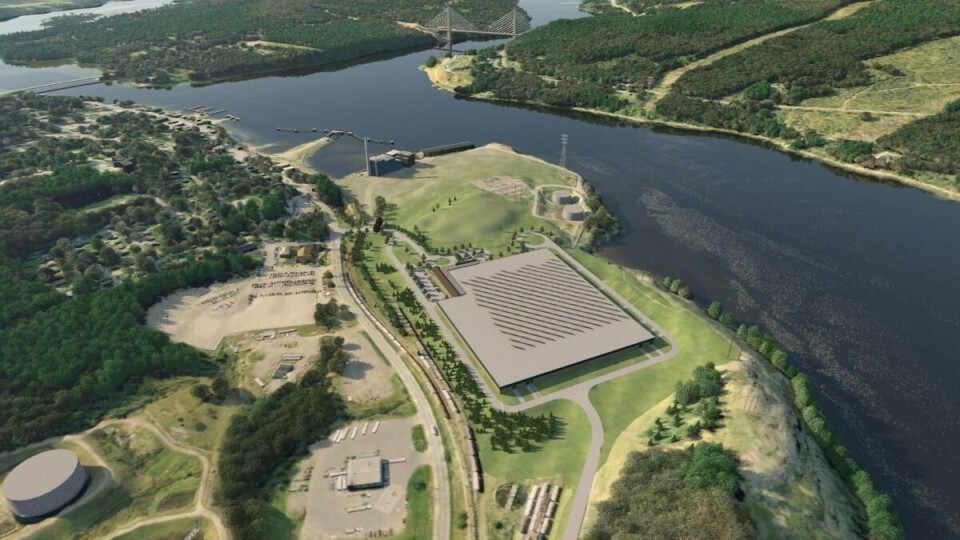
Whole Oceans closer to green light for salmon RAS
On-land salmon farmer Whole Oceans has taken another step towards building its recirculating aquaculture system (RAS) on the site of a former paper mill in Bucksport, Maine, in the US. The company has obtained a submerged lands leases for use of the property along the Penobscot River.
Because the State of Maine owns all submerged lands, the leases grant rights to Whole Oceans to maintain, repair and use existing intake and outfall structures on the property that are below the mean low water line. The leases are valid until 2034.
“We are excited to continue to make progress towards breaking ground on the project,” said chief executive Jacob Bartlett in a press release.

Industry experience
“The company is currently hiring people with decades of industry experience for leadership positions such as our new hatchery manager, Orfa Cabrera as well as planning for construction.”
Whole Oceans is still waiting for approval of its Site Location of Development (or Site Law) application, which it expects at the end of November. Site Law requires a review of developments that may have a substantial effect upon the environment.
Once Whole Oceans has that approval it will be free to break ground on the site, although it is expected to wait until next spring to begin construction rather than start in the middle of winter.
Whole Oceans intends to produce 5,000 tonnes of salmon annually, increasing to 20,000 tonnes per year over time.
The firm’s parent company, Emergent Holdings, remains in talks to buy and expand the Kuterra on-land salmon farm owned by the ’Namgis First Nation in British Columbia. Emergent had hoped to seal a deal earlier this year but it was rejected in a vote by members of the Nation.























































